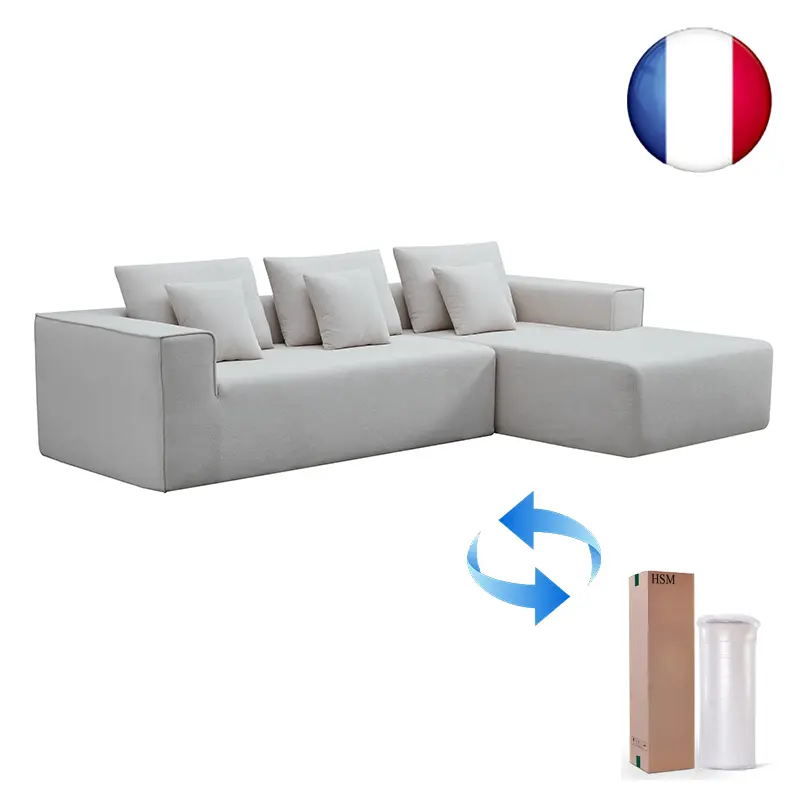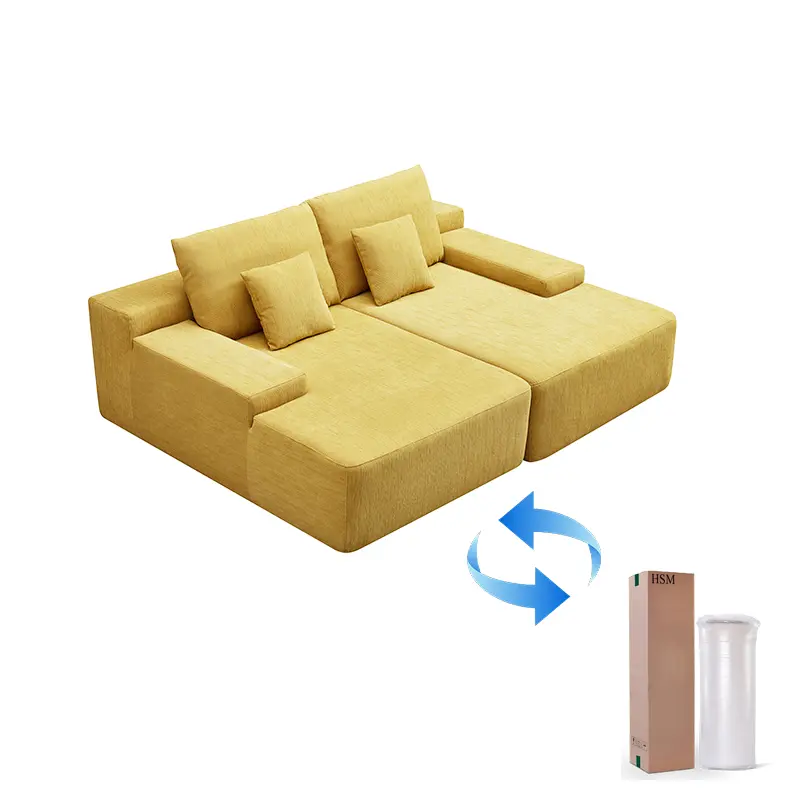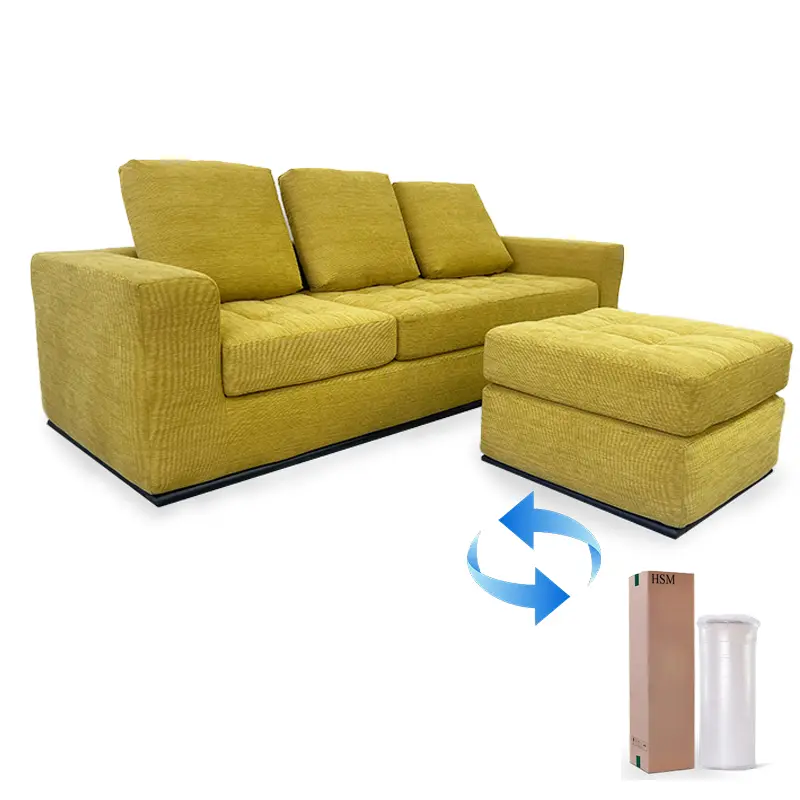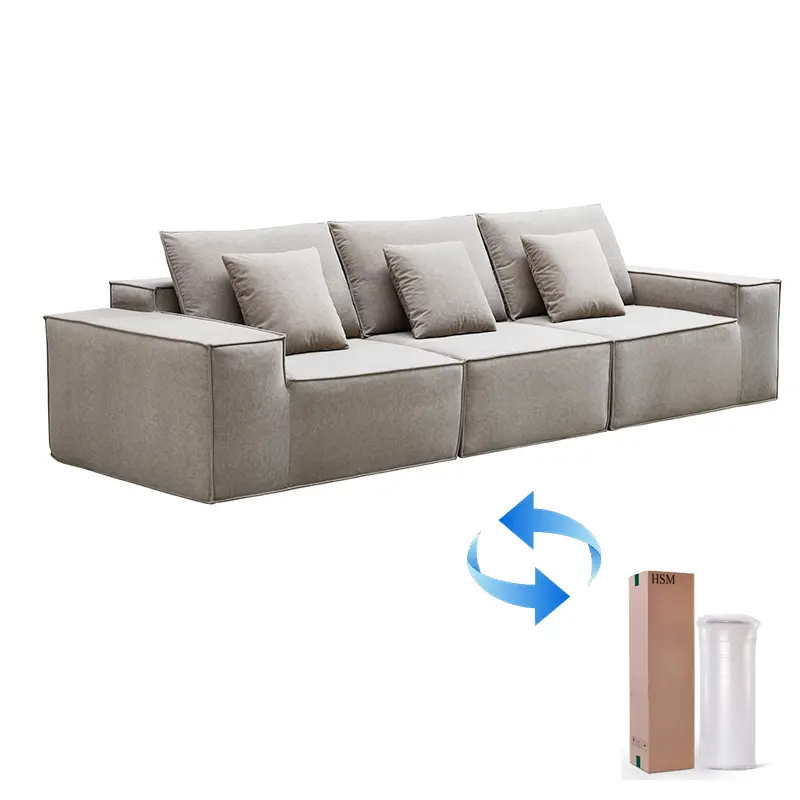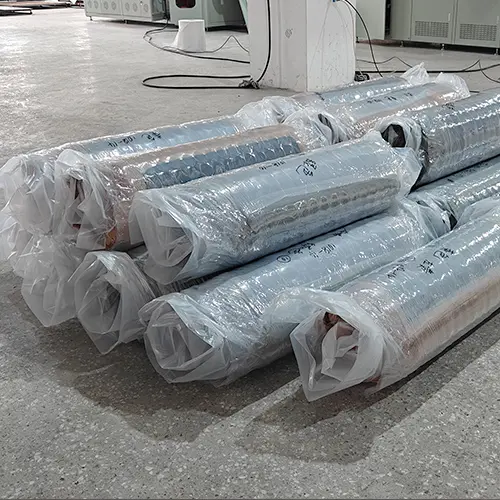Can Compressed Sofas Retain Their Comfort Over Years of Use?
Compressed sofas offer a space-saving solution for modern homes, but can they maintain their comfort over time?
Yes, compressed sofas can retain their comfort for years if they are made with high-quality materials and maintained properly. The key factors influencing longevity include foam density, frame durability, and frequency of use.
While compressed sofas are convenient, their long-term comfort depends on several aspects, from material choices to daily usage habits. Let's dive into what makes a compressed sofa last.
What Affects the Comfort of a Compressed Sofa Over Time?
The ability of a compressed sofa to maintain its comfort depends on its construction and how it's used over time.
High-quality materials, proper design, and careful maintenance are essential for preserving the comfort of a compressed sofa.
Key Factors That Determine Comfort Retention
1. Foam Density and Resilience
High-density foam provides better support and longevity than low-density foam. Memory foam and resilient polyurethane foams are commonly used in compressed sofas to maintain shape and comfort.
| Foam Type | Benefits | Longevity |
|---|---|---|
| High-Density Foam | Retains shape, resists sagging | 8-10 years |
| Memory Foam | Molds to body shape, good pressure relief | 6-8 years |
| Low-Density Foam | Soft but loses shape quickly | 3-5 years |
2. Frame Quality
The durability of a compressed sofa also depends on its internal frame. Hardwoods and reinforced metal frames tend to last longer than particleboard or softwood frames.
3. Fabric and Upholstery Durability
High-quality, tightly woven fabrics or leather coverings resist wear and tear better than cheaper alternatives. Stain-resistant and easy-to-clean fabrics also extend a sofa's usability.
4. Frequency and Type of Use
A Sofa Used daily in a high-traffic area will wear out faster than one used occasionally in a guest room.
How to Maintain the Comfort of a Compressed Sofa?
A well-maintained compressed Sofa Can remain comfortable for years. Here’s how:
1. Rotate and Fluff Cushions Regularly
This prevents uneven wear and helps cushions maintain their shape.
2. Avoid Excessive Weight and Impact
Jumping on the sofa or placing excessive weight on one area can lead to premature sagging.
3. Clean and Protect the Upholstery
Use fabric protectors and clean spills immediately to prevent stains and fabric deterioration.
4. Ensure Proper Decompression
After unpacking a compressed sofa, allow it to fully expand for 24-48 hours before use.
Are Compressed Sofas As Comfortable As Traditional Sofas?
While compressed sofas are designed to offer comfort, they may not always match the plush feel of high-end traditional sofas. However, advancements in foam technology and frame construction have narrowed the gap between compressed and standard sofas.
| Feature | Compressed Sofa | Traditional Sofa |
| Comfort Retention | Good with high-density foam | Excellent |
| Space-Saving | Excellent, easy to transport | Less compact |
| Initial Setup | Requires decompression time | Ready to use |
| Longevity | 5-10 years with maintenance | 10-20 years |
Conclusion
Compressed sofas can retain their comfort over time if they are made with high-quality materials and maintained properly. By choosing a well-constructed sofa and following maintenance best practices, you can enjoy a comfortable and long-lasting seating experience.








